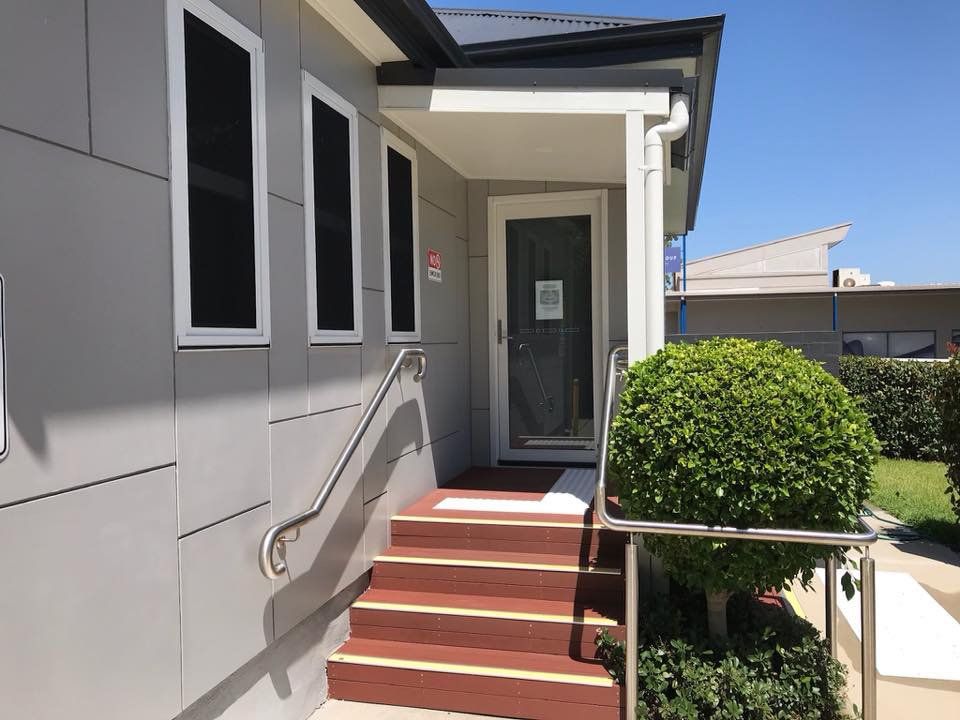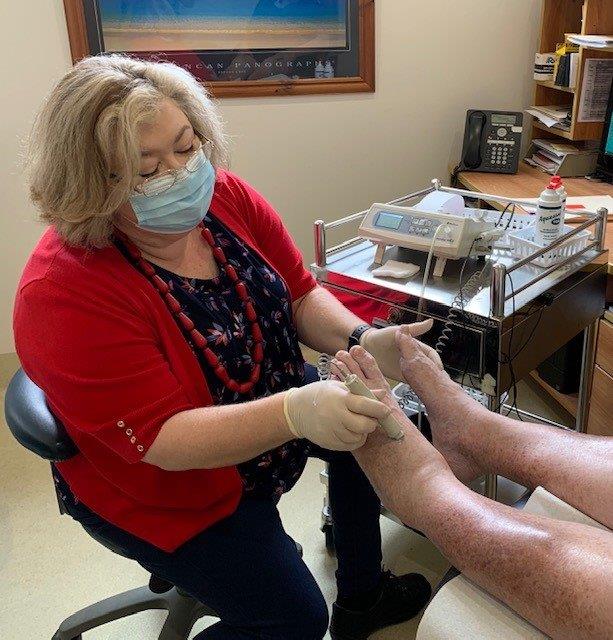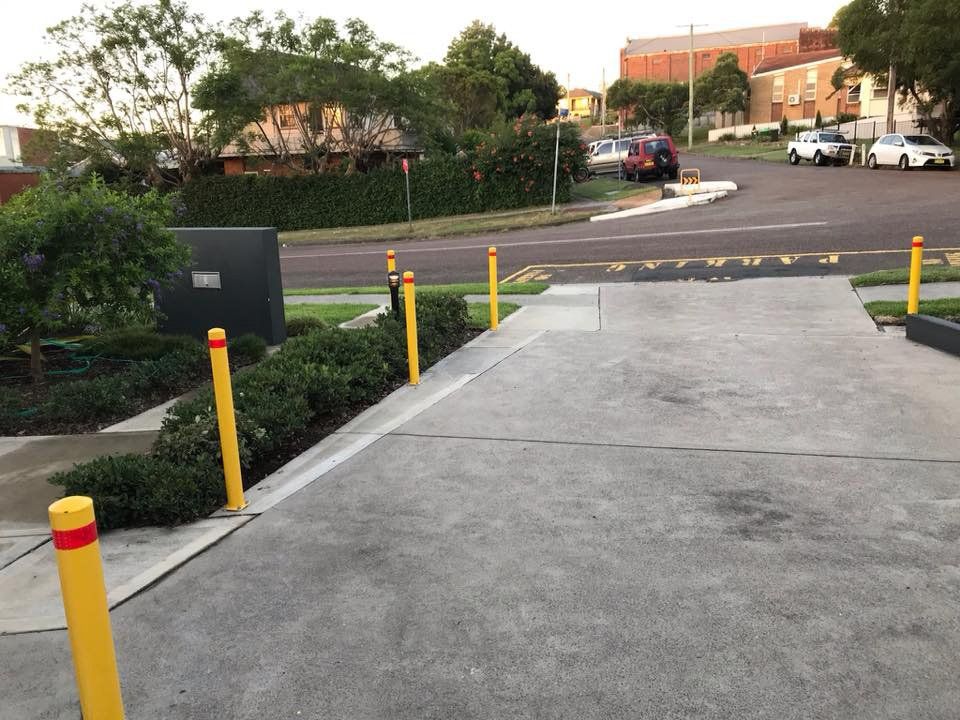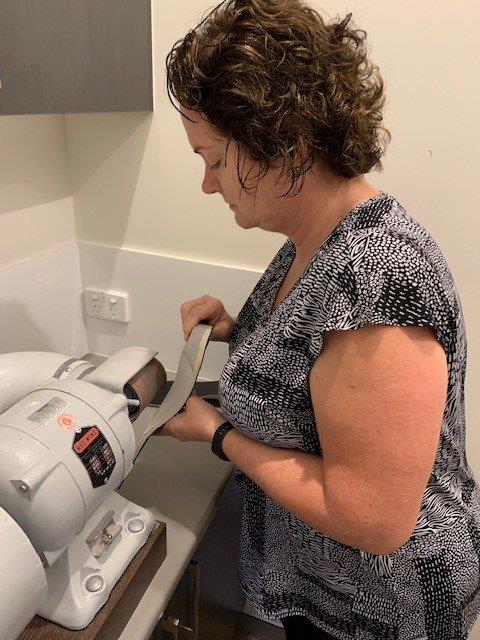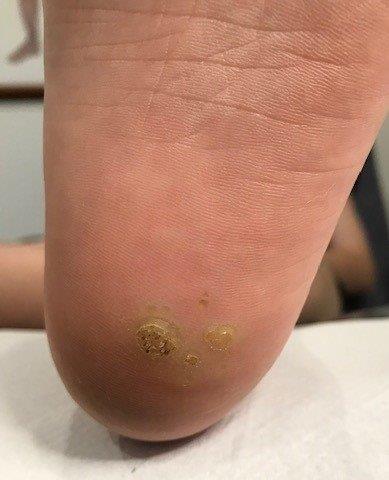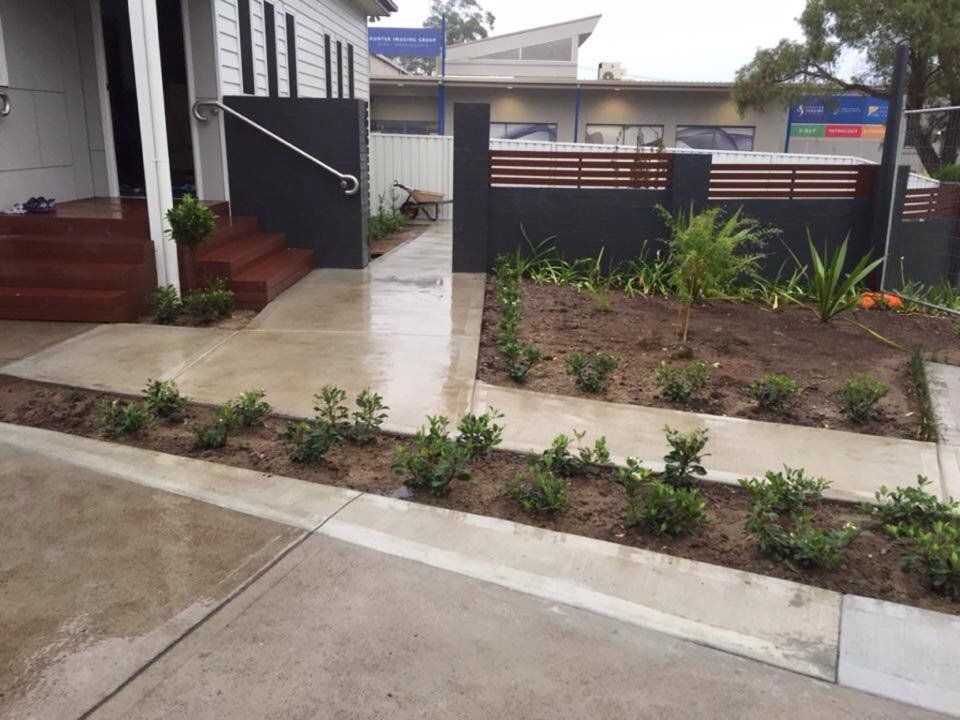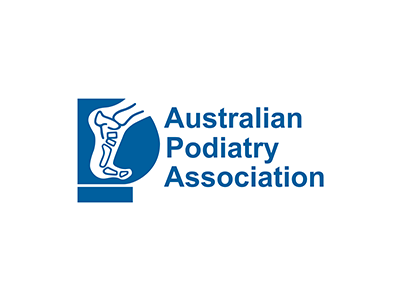We Provide Tailored Podiatry Services in Newcastle
General Podiatry
At Cardiff Podiatry Clinic, we have been helping patients in Newcastle and Lake Macquarie since 1995. Our general podiatry service takes care of minor issues for conditions such as thickened toenails, corns, callouses, ingrown toenails, blisters, cracked heels, athlete’s foot (tinea), fungal nails and any general pain/discomfort. Many people are unable to easily reach their feet to perform general foot care and get comfort from professional care, and those with any problems mentioned always say they feel like that are walking on air when they leave.
Diabetic Foot Management
People with diabetes are at a higher risk of complications to the feet. This is due to circulation damage (peripheral vascular disease) and nerve damage (peripheral neuropathy). Blood flow and nerve damage commonly start in the feet. Which is why Podiatry is important in the management of your diabetes. However, these risks can be minimised with you controlling your blood glucose, exercising and eating a balanced diet. Diabetes Australia recommend diabetic patients to arrange yearly assessments to ensure any issues are identified and treated. Your Podiatrist will assess your risk and advise on the appropriate time frame for your assessments to be performed, based on your individual results. Our aim is to keep our diabetics patients mobile by helping them prevent complications like foot ulcers and, worse case scenario, amputation.
Podiatrists play an important role in diabetic care in a number of ways.
- Monitoring your blood circulation and nerve supply
- Providing general foot treatment (nail cutting, corns and callouses0
- Footwear advice
- Diabetic foot education
- Advising on safe self-care of your feet, if applicable
Conditions with Foot and Ankle
Whether it’s through poor foot mechanics, a health condition, and injury or simply wearing the wrong shoes, foot and/or ankle pain is a common condition among people of all ages. Our Podiatrists will thoroughly examine your feet and perform a biomechanical assessment to determine the cause of the discomfort. Any of our team can address all these issues and advise on appropriate treatment. Rest assured, your Podiatrist will provide a comprehensive assessment including referring for x-rays and ultrasounds if required.
Orthotics
Does standing, walking or running bring discomfort or even pain to your feet? If that’s the case, our podiatrists will perform a biomechanical assessment and can supply you with suitable orthotics if required. Orthotics are a special shoe insert aimed at improving comfort when shoes are worn. Orthotics can prevent excessive foot motion which often overload or strain parts of the foot/ankle/leg, and in doing so, can alleviate pain and allow your problem to resolve. Our Podiatrists are trained to assess and prescribe custom made orthoses which will treat each foot as it needs, so no two orthotics are the same. Even a pair of orthotics will not be exactly the same as our two feet are different.
Orthotics can also help people with knee, hip and back problems as foot alignment and dysfunction can cause upper body problems. The relationship between the foot, knee, hip and back is quite complex and important to be assessed. For example, hip bursitis can be exacerbated and even caused by poor foot function, particularly excessive pronation (rolling in/flat feet).
If you suffer from arthritis, bursitis, plantar fasciitis, shin splints, heel pain, knee pain, hip pain, back pain, Severs disease, Achilles tendonitis, bunions, clawing toes, hammer toes etc. enquire about being assessed for your suitability orthotics today.
Nail Surgery
Nail surgery is a common treatment option to remove painful ingrown toenails. The process involves removing the toenail partially, or entirely from the nail bed and is only used if the problem is recurring and causes significant pain. The procedure is non-invasive and can be completed at our clinic. We will inject local anaesthetic to your toe and apply a chemical once the nail has been removed to prevent nail regrowth. The most common procedure is the partial nail removal as it allows you to have the rest of your nail for protection and aesthetics. Most people are fully healed and back to normal activities within weeks.
Wart Management
Plantar warts are skin growths on the sole of the foot caused by the Human Papilloma Virus (HPV). Invading the skin usually through small cuts, the HPV virus is most commonly found in warm, moist environments such as the shower floor, gymnasiums and public swimming area. Our podiatrists will be able to recommend the ideal treatment for you. Treatment will depend on the severity of your wart, with regular debridement and topical ointments being the most common.
Paediatric Podiatry
As children begin to walk and run, it’s best to keep their feet unconstrained to allow opportunity for development and help them improve sensation in their feet. As they enter school age, it’s vital to check their foot size regularly as they will grow rapidly. Ensuring they have the correct sized shoes is vital to preventing discomfort, pain and injury. If you have any concerns regarding your child’s feet, book in an appointment with our team. We can assess all children’s foot problems and implement treatments if needed.
Things to look for in children are flat feet, clumsiness, intoed walking, “W” sitting, tripping over, and most importantly complaining about tired legs. Children often sound like they are just whinging about not wanting to do something, but it may actually be a symptom of a foot problem causing referred pain into the legs. Many pains in children’s legs, including night terrors, don’t get looked at as they are fobbed off as growing pains, when, in fact, the child may have a problem. Don’t second guess yourself and make an appointment for us to assess your child as soon as possible. The growing years are the most important time in your life, and early assessment helps identify current and possible future problems, so don’t put it off.
Frequently Asked Questions
Get In Touch

